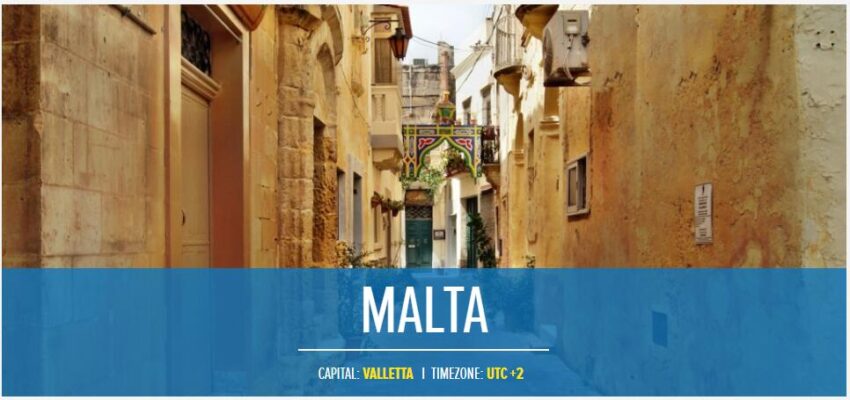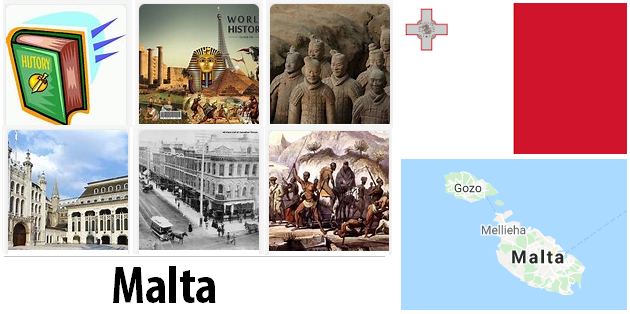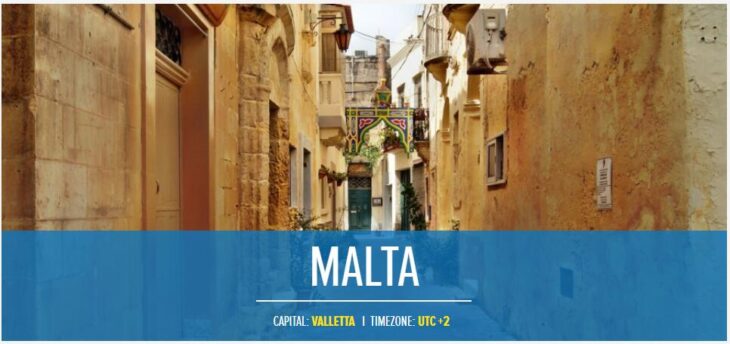Since there were several conflicts between Labor and nationalists of the Maltese delegation, it was decided to call the people to a referendum. This took place on 2/4 May and 21 September 1964, despite amidst unrest and protests, independence was proclaimed.
According to Abbreviationfinder, an acronym site which also features history of Malta, London, however, undertook to pay considerable sums to Malta as compensation for the use of the British military bases on the island. And again in 1964 Malta became part of the United Nations and the Council of Europe.
Only after the 1971 elections did the Labor Party return to government. It planned relations with the Maltese Catholic Church, hitherto highly discussed, but demanded that Britain pay the island more substantial figures for the maintenance of military bases. These figures were intended to address the most serious problems of the moment, such as unemployment and the transformation of the economy in order to make agriculture, industry, fishing, tourism and shipbuilding industry more productive. If these sums had not been paid, by 31 December 1971 the English contingent would have been sent home.
The result was a serious crisis which was resolved on March 26, 1972 also with the significant contribution of the then Italian Foreign Minister Aldo Moro. And to the sums pertaining to Great Britain were also added the contributions of NATO. As a result Dom Mintoff, Labor Prime Minister, was able to develop a development plan for the years 1973/80.
Already at the end of 1974 Mintoff made another of the proposed points and Malta was proclaimed Republic. So, with these brilliant results, in the political elections of September 17, 1976, he still defeated the nationalist leader Borg Oliver.
In March 1979, as established, British forces left Malta, which confirmed its neutrality. But, meanwhile, in 1978 Malta had entered into a technical-financial agreement with Libya; in 1980, however, relations between the two countries went into crisis because, having Malta allowed the Italian Hydrocarbons Authority to carry out drilling work in its territorial waters, to search for oil on behalf of TEXACO, Libya had risen by imposing in the August 1980 in Malta to revoke these permits.
The Maltese government responded to this injunction by expelling all Libyan technicians. At the same time, the Italian government guaranteed Malta’s neutrality and undertook to pay financial aid to the country. Diplomatic relations with Libya were restored in March 1982 in a meeting between Dom Mintoff and Gaddafi. In the meantime, another precarious situation was gone
developing in the country. In the 1981 elections, the Nationalist Party had obtained slightly more votes than the Labor Party. However, applying the particular electoral system, which provided for the transfer of individual votes from one candidate to another, the Labor Party obtained a majority in Parliament which, then, underwent a boycott of the nationalists. These then launched a civil disobedience campaign with unrest and strikes.
In February 1982, the change had taken place in the Presidency of the Republic and Mrs A. Barbara had replaced A. Buttigieg. In March 1983 the nationalists stopped the boycott but still a crisis occurred in June, This time because the Labor government passed a law to confiscate ecclesiastical goods in order to limit the power of the Catholic Church in the field of education. Throughout 1984 unrest, strikes and demonstrations took place. Until in December Mintoff was forced to resign. In April 1985 the Labor Prime Minister, KM Bonnici, signed an agreement that guaranteed the Church autonomous management in schools.
In February 1987 P. Xuereb replaced A. Barbara as president of the republic and again in 1987, in May, there were general elections and after 16 years the Nationalist Party returned to government. Premier was its leader E. Fenech-Adami. He reiterated Malta’s “non-alignment”, the agreements with Libya, closer relations with the United States and other western countries and made every effort to ensure that Malta entered the European Community fully.
In 1989, in April, the new president of the republic was V. Tabone and in December, on days 2 and 3, Malta hosted the first summit meeting between George Bush, then President of the United States and Russian Prime Minister Gorbachev.
In February 1990 the bilateral cooperation pact with Libya was renewed for another 5 years and in February 1992 the general elections confirmed the Nationalist Party to the government.
The economic policy of the reconfirmed government continued to be liberal as Malta’s accession to both the European Union and NATO strengthened.
In April 1994 the nationalists achieved a new success in the presidential elections which brought UM Bonnici to the top.
Two years later, however, in October 1996 in the elections for the renewal of the Parliament they suffered a defeat, which was unimaginable. The cause of this debacle had been a value added tax which had affected 15% and which the people had absolutely not liked.
This tax was considered necessary by the government preparing to enter the European Union, for which various austerity measures were deemed necessary.
This program had not been supported by Labor who, on the other hand, aimed to maintain total neutrality in the international arena and who were clearly against the European Union.
In October 1996 Labor leader A. Sant formed a new government; in July 1997 he abolished the unpopular tax but in August 1998 the too fragile Labor majority was put in crisis, with the consequent resignation of the government. The new elections revived the nationalists and Prime Minister Fenech-Adami who, therefore, returned to the leadership of the executive.


